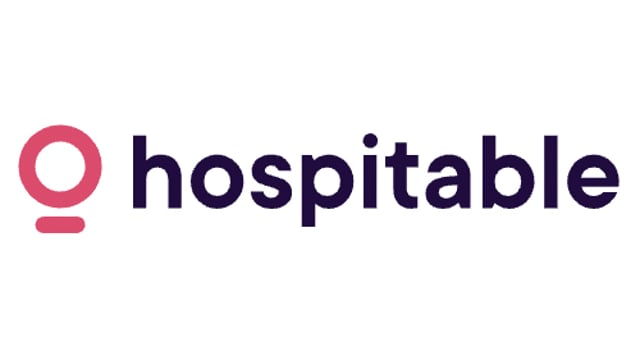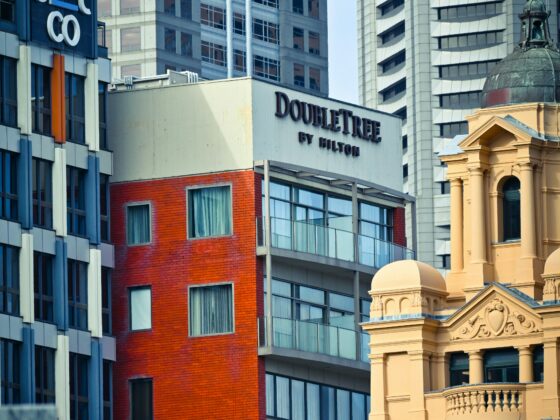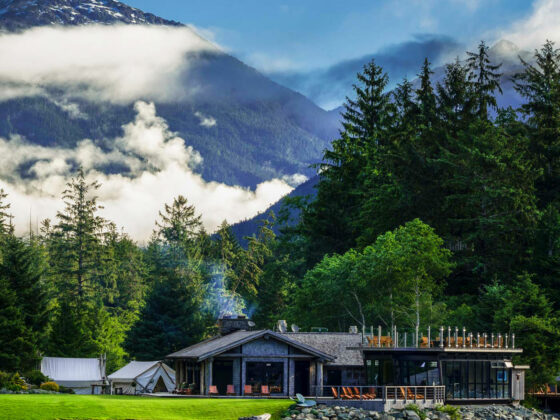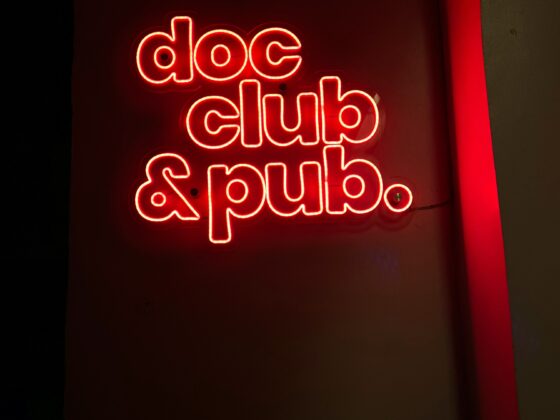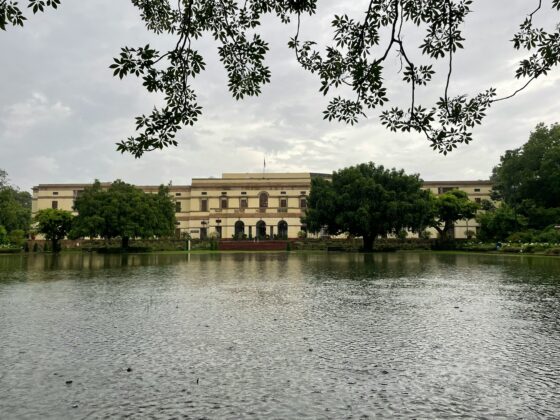
Live tourism, or travel undertaken to attend live events, has emerged as a key trend reshaping travel patterns, with major events such as Coldplay’s 2025 tour driving massive demand for hotel stays in host cities worldwide, mirroring the surge seen during Taylor Swift’s Eras Tour. The upcoming 10-city tour across the U.S. and Canada this summer has already sold out, highlighting the growing demand to attend live music events. In 2023, Taylor Swift’s American tour added an estimated $5 billion in total impact to the 20 cities she visited, underscoring the massive economic potential of live music events. According to the US Travel Association, every $100 in ticket spend generated a further $300 in indirect spending on hotels, taxis, meals and merchandise.
With so many travelers seeking immersive, time-sensitive experiences, these events not only represent economic opportunities for hotels but also demand operational strategies to efficiently manage the influx of guests.
The Challenge of Sudden Scale-Up Events
Major concerts, cultural events, and sports matches create large spikes in demand that can strain hotel operations. Properties accustomed to steady occupancy levels might suddenly find themselves operating at full capacity with guests checking in and out en masse. This influx can create pressure on all aspects of hotel management, from front desk operations to housekeeping and Food & Beverage services.
Failing to efficiently scale operations during these peak periods can damage a property’s reputation both in the moment and over the longer term. In today’s hospitality landscape, where guest reviews and social media sentiment shape perceptions, negative experiences can quickly spread online, impacting future bookings long after the event has ended. By contrast, when managed effectively, these events can become powerful drivers of customer loyalty and long-term revenue growth.
To meet the demands of live tourism associated with large-scale events, hotels equipped with innovative technology, particularly with respect to modern. Property Management Systems (PMS), have a meaningful advantage. A well-integrated PMS enables tailored guest experiences even at volume, quick onboarding of temporary staff to handle surges in guest volume, and real-time dynamic pricing and dynamic availability of services, ensuring smooth operations and maximizing revenue during peak periods.
Leveraging Self-Service and Digital Touchpoints
Hotels that invest in digital self-service options for guests can ease the strain on their staff that would otherwise result from large spikes in occupancy while also improving the guest experience. PMS-enabled mobile booking apps, digital concierge services, and AI-powered chatbots allow guests to access services conveniently without relying on front desk interactions. Mobile ordering systems for food and beverage services can eliminate physical queues, reduce wait times and increase order efficiency, optimizing both guest satisfaction and operational throughput. Additionally, PMS-powered booking apps can facilitate instant purchases of in-stay services, such as express room service, exclusive event merchandise, or afterparty passes—maximizing on-premise revenue opportunities.
Enhancing the Guest Experience for Maximum ROI
To convert high-paying event attendees into loyal returning guests, hotels can create experiential enhancements around each guest’s stay. Personalized guest experiences, such as curated welcome gifts, event-specific F&B offerings and custom itineraries, can create memorable stays through thoughtful touches that encourage future bookings. AI-driven guest insights enable personalized pre-arrival engagement, sending tailored recommendations such as early dining reservations, front-row bar seating for pre-show gatherings, or room service bundles for post-concert relaxation.
By leveraging guest data, hotels also can forge strategic partnerships with local businesses. PMS-integrated marketing tools can push personalized offers for pre-show dining, themed cocktails, and exclusive meet-and-greet opportunities. Such collaborations extend the concert experience beyond the hotel, impress guests through unexpected extras and cultivate positive impressions that lead to longer-term loyalty.
For example, during Taylor Swift’s tour, London hotels capitalized on the event by offering Swift-themed afternoon teas, cocktails, and beauty packages. These initiatives not only boosted revenue but also cemented emotional connections between guests and the property. One hotel even began taking reservations for an “Eras Tour Reunion Weekend” for fans to relive their concert memories together—an innovative approach to fostering guest retention. Hotels that integrate technology-driven personalization and service enhancements can turn peak event bookings into long-term loyalty, ensuring sustained revenue well beyond the event itself.
Elevating Guest Loyalty Beyond the Concert Weekend
Both Taylor Swift’s and Coldplay’s sold-out tours exemplify the power of live music tourism in fueling local economies, from hotels to restaurants and transport services. However, truly successful hospitality brands leverage event-driven tourism to drive loyalty well beyond the concert’s final encore.
-
Engagement Beyond the Stay: Following up with concertgoers via personalized offers, exclusive membership perks, and invitations for future events fosters long-term brand affinity. Providing discounts on return stays or access to VIP event previews strengthens relationships with valuable customers.
-
Subscription & Membership Models: Offering exclusive access to preferred rates for frequent event travelers through loyalty programs encourages direct repeat bookings while reducing dependency on third-party platforms.
-
Local Travel Curation for Return Visits: Positioning the hotel as an experiential travel hub with curated guides, exclusive recommendations, and return-visit incentives makes guests more likely to choose the property again.
As live tourism continues to grow, driven by star-studded tours and large-scale events, hospitality businesses that leverage advanced technology to manage the heightened demand and create memorable, personalized experiences will have an advantage. These events are reshaping the travel landscape, marking a new era where success depends on capturing and extending the excitement they generate. They provide hotels with an opportunity to align with broader travel trends, converting event-driven surges into lasting guest relationships and sustained business growth. Moving forward, hotels that prioritize technological efficiency and guest-centric innovation not only will thrive during peak concert seasons, but also will position themselves as premier destinations for future events and beyond.
About the Author
Terrie O’Hanlon serves as Chief Marketing Officer and is responsible for strategies and programs to support global revenue growth, brand awareness and market leadership for Agilysys. Terrie is a technology marketing veteran having served as Chief Marketing Officer for publicly traded, venture backed and privately held companies in both established and emerging markets across a variety of sectors including enterprise SaaS applications, supply chain, financial ecommerce, retail, healthcare, payments, business intelligence and cybersecurity. She holds an MBA in Marketing from Columbia University, New York, and a BS in Journalism from the University of Florida.


